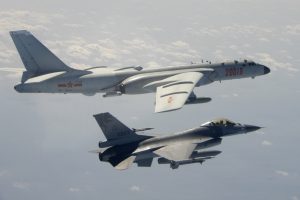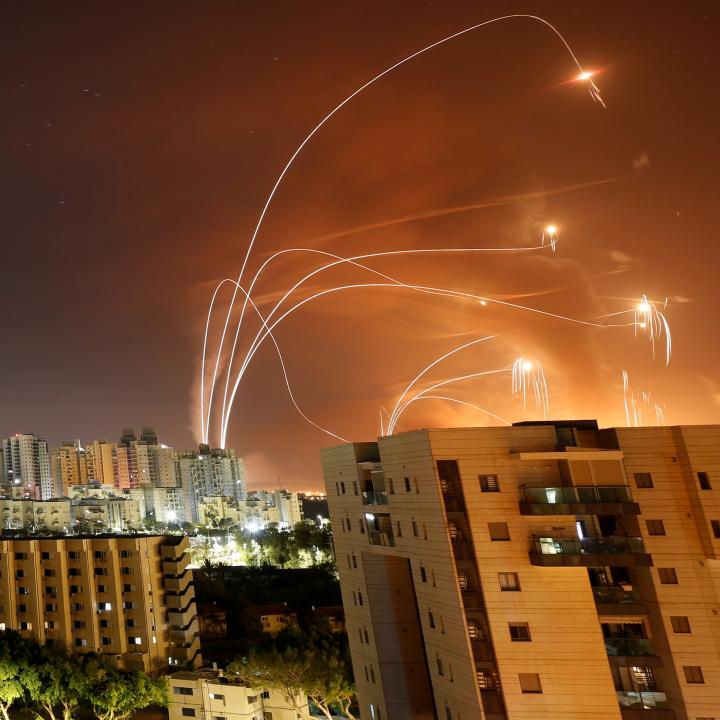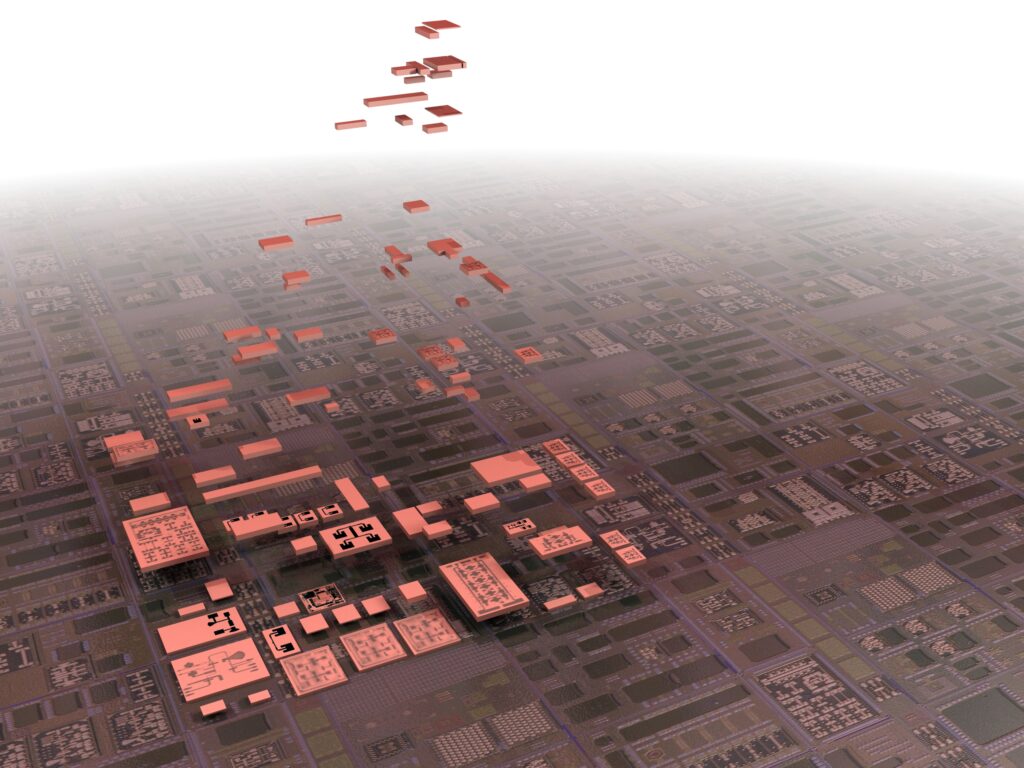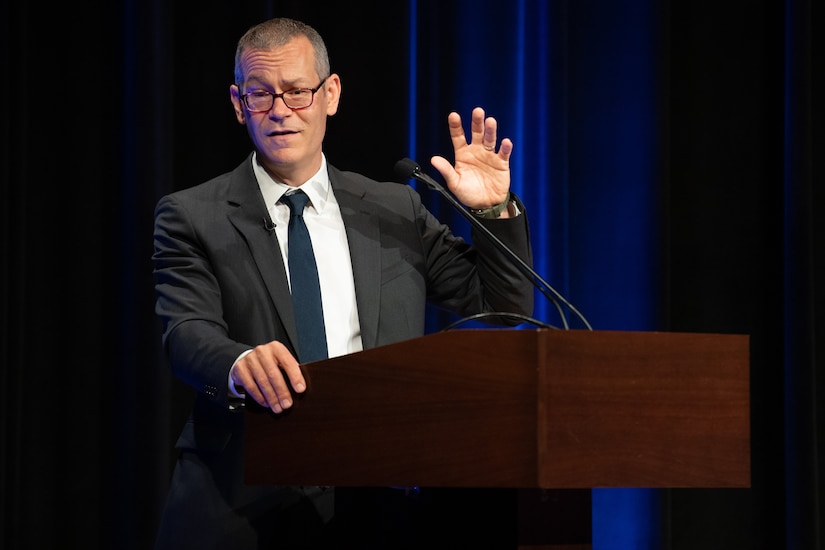Eva Kahan
Key Takeaway: ISIS escalated attacks during Ramadan 2021 despite sustained counterterrorism pressure. ISIS maintains its ability to recruit, conduct attacks, exploit gaps, and in some areas replace weakened governance systems. Local and international security forces are unlikely to fully defeat ISIS in its “core terrain” in Iraq and Syria in the short term due to competing priorities among counter-ISIS actors and decreasing international interest.
ISIS aims to expand insurgencies against the Iraqi government, Syrian Democratic Forces (SDF), pro-Assad regime forces, and Turkish-backed forces in Iraq and Syria to maintain ideological coherence and leadership security. In pursuit of expanding these insurgencies, ISIS seeks to increase control zones and deep support zones, reconstituting key capabilities, generating new revenue streams, maintaining external lines of support (to Turkey, possibly Jordan, and Iran), and demonstrating its ability to rival other jihadist groups active in Syria.
ISIS must maintain its insurgent activity in Iraq and Syria – its “core terrain” – to guarantee its legitimacy and leadership security. The ISIS affiliates in Africa carry out faster-paced and larger-scale attacks than their Iraqi and Syrian counterparts, providing useful propaganda and justifying the ISIS argument that they are a global organization. However, ISIS groups in Africa are less clearly ideologically orthodox due to their lasting connections with their pre-ISIS networks.[1] ISIS’s core terrain in Iraq and Syria presents a fallback option if affiliates further afield are defeated or diverge from central ISIS messaging. ISIS’s teleological ideology depends on the reclamation of a territorial caliphate in Iraq and Syria, which they claim will set conditions for the end of days.[2] ISIS leaders depend on known routes through the vast ungoverned areas of the Central Syrian Desert between Iraq’s Anbar Desert and Syria’s salafi jihadist-dominated Idlib Province. ISIS leadership in Iraq and Syria is likely vital to maintaining connections between the organization’s global cells. Were ISIS completely incapable of leading from Syria and Iraq, cells in Africa, southeast Asia, and elsewhere could be forced to decentralize similar to how al Qaeda has done in the past.















